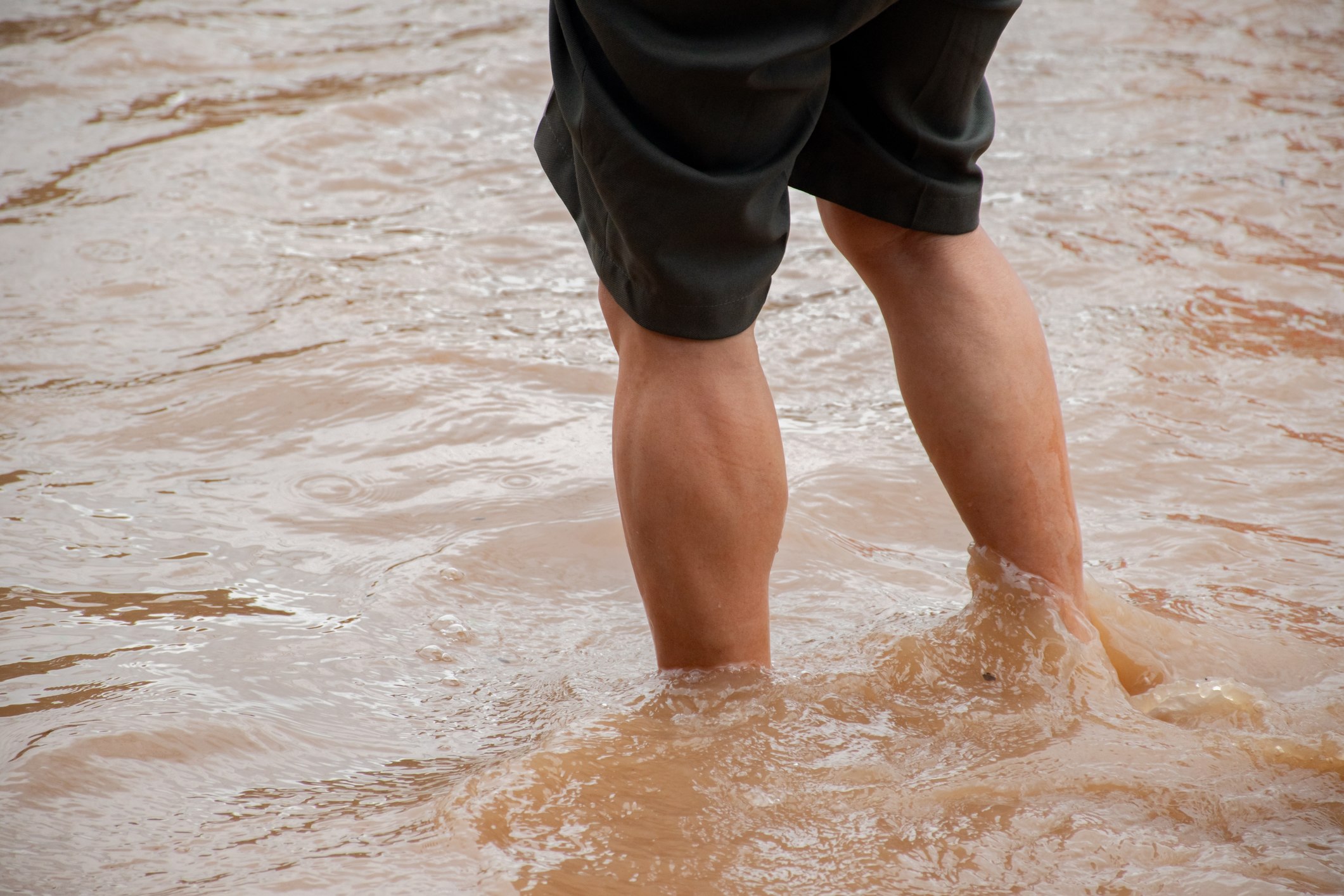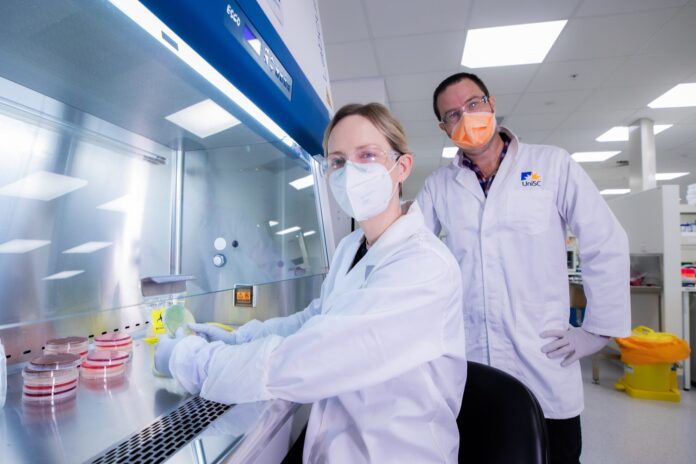Scientists have urged Sunshine Coast residents to be wary of a potentially deadly infectious disease that has claimed the lives of 16 people in north Queensland in less than three months.
As the clean-up continues from the deluge delivered by ex-Tropical Cyclone Alfred, University of the Sunshine Coast academics said locals should be aware of melioidosis and the risk it poses.
Melioidosis is caused by the bacterium Burkholderia pseudomallei, which lives in the soil and groundwater, rising to the surface during heavy rain.
It can cause non-healing skin abscesses and sores, and if not treated quickly can lead to life-threatening pneumonia or septicaemia in half of all infections.
More than 100 melioidosis cases, including 16 deaths, have been recorded since the start of the year in Cairns and Townsville.
Want more free local news? Follow Sunshine Coast News on Facebook, LinkedIn and Instagram, and sign up for our FREE daily news email.
UniSC microbiologist Associate Professor Erin Price said Sunshine Coast residents should be on guard.
“Although far less common across South-East Queensland, the pathogen is endemic here so people need to be aware of the risk it potentially poses to them, especially during post-cyclone clean-up efforts,” she said.
“People can become infected following exposure to contaminated soil and water, most commonly through skin abrasions, including micro-cuts, especially in feet, calves and hands.
“People can also be infected by inhaling dust and droplets when windows and doors are left open during squally weather, or when using high-pressure hoses to clean dirt from driveways, cars, equipment or homes.”

B. pseudomallei can also cause disease in many animals, including pets such as cats and dogs.
Dr Price said most people who come into contact with the bacteria will not get sick, and there was an extremely low risk of person-to-person or animal-to-person transmission.
“However, there are certain risk factors that increase the chances of infection and serious illness such as diabetes, high alcohol intake, chronic lung diseases, kidney disease, people with weakened immune systems, including those with malignancy, and people over 65 years,” she said.
“Accurate melioidosis diagnosis is important, because only a handful of antibiotics are effective against the pathogen, and it can cause death in up to 40 percent of cases if left untreated.”
Symptoms include cough, lethargy, nausea or vomiting, non-healing skin sores or ulcers, loss of appetite, fever, sharp stabbing chest pain, breathing problems, rapid and shallow breathing, light sensitivity, pain or discomfort, feeling cold, high heart rate, or low blood pressure.
“Melioidosis presents in myriad ways, and mimics many other diseases, so diagnosis cannot be made based on symptoms alone. It can also take up to 21 days from infection to symptom onset, so it’s important for people who develop symptoms to factor this in,” Dr Price said.
“To reduce the risk of infection, people should wear close-toed and waterproof shoes, and rubber or nitrile gloves when cleaning or gardening, and wash their skin thoroughly with soap and water after any exposure to water, mud or soil.
“Also wear a respirator when cleaning, ideally an N95, to avoid inhaling dust and water particles that might be harbouring the bacterium, especially when using high-pressure hoses.”
Experts also warn of the dangers of antibiotic resistant bacteria and human pathogenic bacteria in flood waters.
UniSC Associate Professor of Environmental Microbiology İpek Kurtböke said she was concerned by footage of people in flood waters, including playing on water-drenched sporting fields and grounds.
“Those waters bring so many other pollutants in these waters, not only microbes, but fertilisers and chemicals and so on,” she said.





